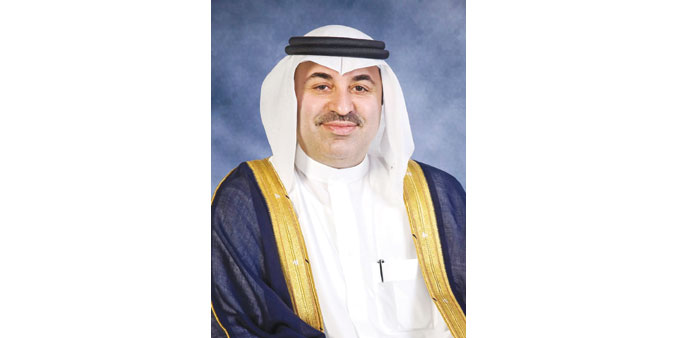By Peter Alagos
Business Reporter
Hotels currently operating in Qatar will not create an oversupply of rooms as the country’s real estate market is capable of absorbing the additional capacity created by new hotels for the tourism infrastructure preparations in the run up to the 2022 FIFA World Cup, a prominent Qatari entrepreneur has said.
“The market is still flexible enough to absorb new hotels and extra room keys, especially with Qatar scheduled to host international events,” Alfardan Group president and CEO Omar Hussain Alfardan said in an interview with Oxford Business Group (OBG).
Aside from the World Cup, Alfardan also said the 2019 World Athletics Championships will put the spotlight on Qatar’s development initiatives, especially those in the business sector.
“The property market will benefit from this event, as more people coming to the country to watch the championships will boost demand for residential units and room keys,” he observed.
According to Alfardan, the hospitality market will be driven by an expected 20% growth in tourist arrivals.
“The demand for four- and five-star hotels is steadily on the rise, making way for additional operators to venture into Qatar and introduce new hotels and tourist destinations,” Alfardan said.
“Demand for commercial buildings is likewise projected to rise, and we expect a significant increase in demand for luxury mixed-used developments. Lately, these have become a preferred choice for investment, as they offer a broader market by leasing to both individuals and companies. There is also a high degree of enthusiasm in the retail sector, with several malls and retail facilities now under construction.”
Alfardan noted that the Qatar Tourism Authority (QTA) is projected to invest $17bn in various tourism-related infrastructure projects.
“Because of this growth, the government is collaborating with private developers so as to successfully complete its planned developments in time for the World Cup.
“Local private developers are now actively taking part in Qatar’s tourism infrastructure, and the tourism authority is giving direct support to private destination and hospitality owners to ensure that they all speak the same language and follow the same objectives,” he stated.
He described the country’s real estate industry “the most vibrant” and “one of Qatar’s most important non-hydrocarbons sectors”.
“Given the country’s steady population increase, the residential segment continues to climb, driven by rising demand. This segment offers significant investment opportunities, as private developers are increasingly partnering with the state to help bridge the gap between supply and demand.
“The completion of residential towers in The Pearl-Qatar and the Diplomatic District in the next 12 months aims to address housing and property shortages. One of our biggest companies, Alfardan Properties, is extending its support to the government by undertaking several projects of its own that aim to help meet new demand,” Alfardan added.

Omar Hussain Alfardan: notes that Qatar is projected to invest $17bn in various tourism-related infrastructure projects.
